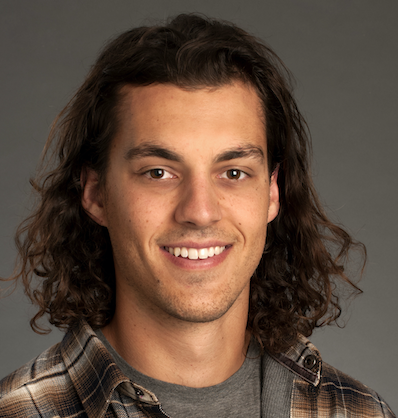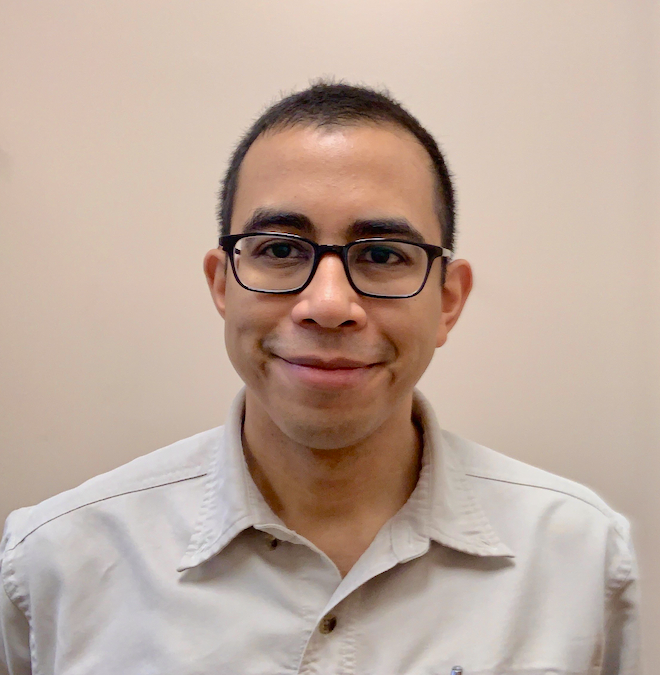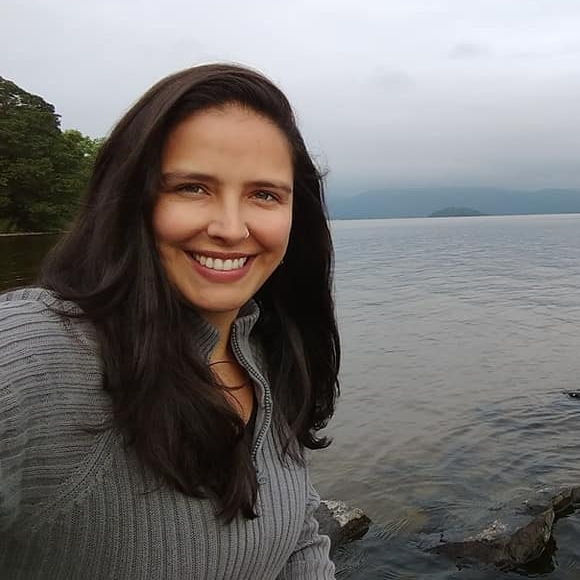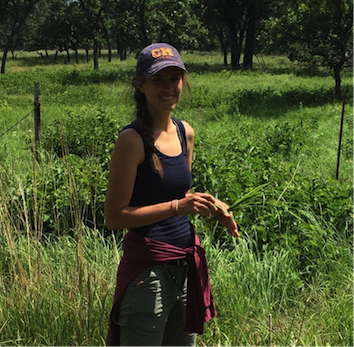[SORTEE Member Voices is a weekly Q&A with a different SORTEE member]
Name: Gerald Carter.
Date: 02 July 2021.
Position: Assistant Professor.
Research and/or work interests: animal behavior, cooperation, communication, cognition, reciprocity, bats.
What do you see as the greatest challenge facing the open / reliable / transparent science movement?:
I think the greatest challenge for open, reliable, and transparent science is changing actual human behavior rather than just identifying what everyone should do. Scientists are less rational and altruistic than we think we are, and many of the traditional academic incentives are completely misaligned against the incentives for good science. For example, the academic goal of being influential does not ensure the scientific goal of being correct. We need academic incentive structures that both align with our higher collective scientific goals and also recognize and exploit the lower self-centered human goals of scientists. For example, science converges on truths by pitting our biased ideas against each other, demanding that we use evidence and logic to convince our worst critics, and forcing us to change our ideas when presented with counter-evidence. This process requires that we are rewarded for criticizing popular ideas, admitting to errors, and being uncertain and careful. Yet, our current academic system mainly rewards the opposite: being agreeable, seeking popularity and conformity, hiding mistakes, and being overconfident. How do we change academia to incentivize different behavior? That’s the challenge as I see it.
Continue reading





